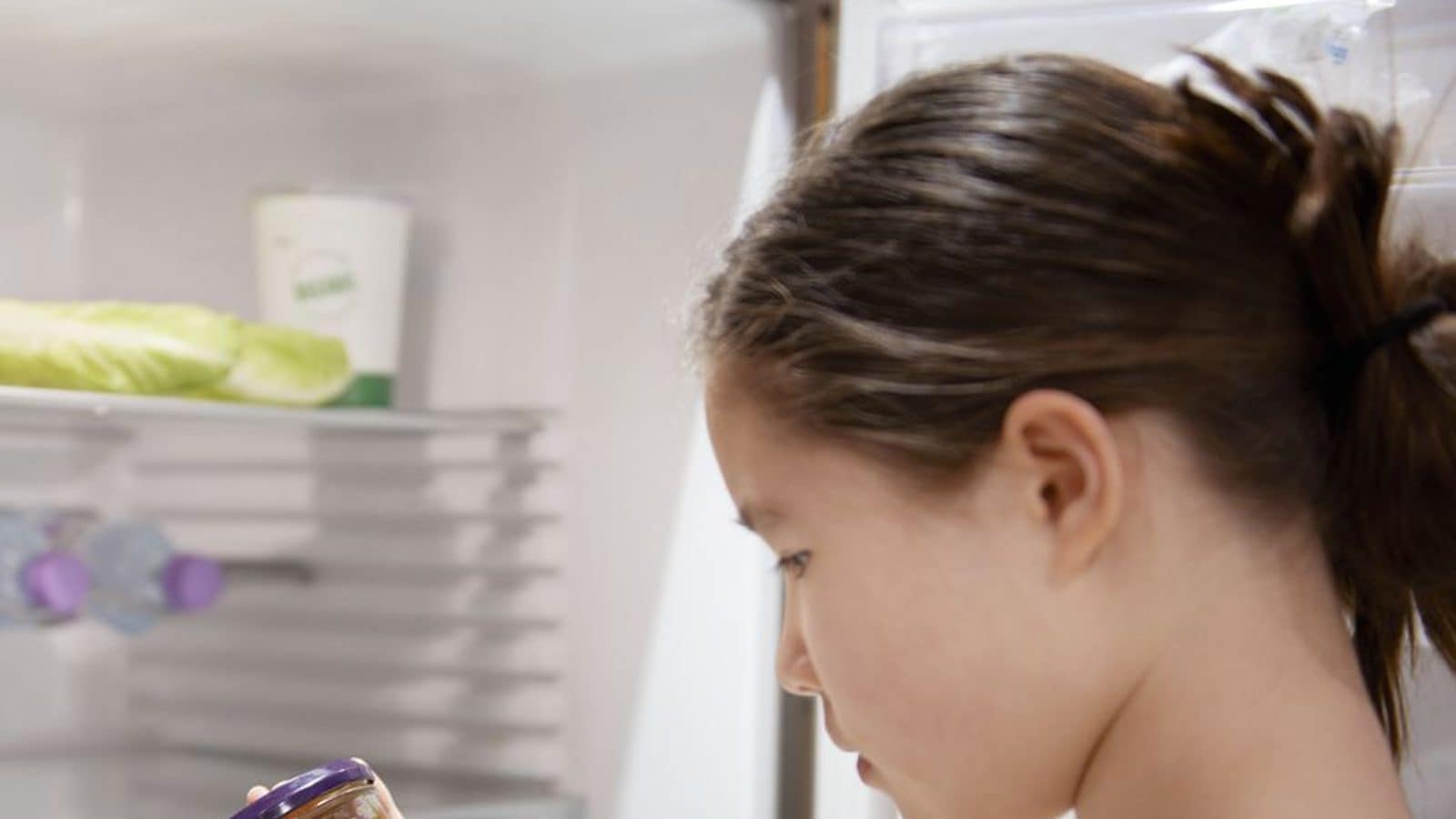Learn How Long Food in a Refrigerator Is Suitable for Consumption

Keep your leftovers on the uppermost shelves of the refrigerator so they get the most air and cooling.
According to Krish Ashok, Indian food is particularly fridge-friendly since it frequently has a spicy, salty, and sour flavour mix. But there are a few exceptions
Many of us struggle to find the time to prepare lavish, fresh meals every day as a result of our hectic lives. For this reason, we frequently cook food in large quantities and put it in the refrigerator for later use. However, a lot of medical professionals advise against keeping prepared food in the fridge for too long. But how much time is too much?It is a popular fallacy in India that food “loses nutrients” when it is refrigerated, according to author Krish Ashok, who frequently produces educational social media videos delving into various ideas.
“That is not as true. It is always good to ask two follow-up questions. 1. What nutrients exactly? 2. And by how much?” he said in an Instagram video. If you too have been wondering, it turns out that water-soluble vitamins are the “most unstable and easily lost nutrients, but most of the loss happens during cooking, not refrigeration”.
“It is heat that destroys vitamins, not cold. In fact, in an airtight container, most cooked food will last 2-3 days at the minimum and up to a week in many cases. In the freezer, food will last up to six months (assuming no power cuts). All biological activity slows down with temperature,” said Ashok.
There are a few exceptions, though. He said it’s preferable to eat plain boiled or steamed rice within one to two days since it can occasionally become contaminated with bacteria that doesn’t like low temperatures. Additionally, Indian food is “uniquely fridge-friendly” due to its propensity to be spicy, salty, and sour.
Is that true?
Perishable foods like meat, poultry, fish, dairy products, and eggs should be kept in the refrigerator and consumed within a few days to a week, while non-perishable foods like bread, fruit, and vegetables can be kept for a longer period of time, according to Dr. Rohini Patil, nutritionist and CEO of Nutracy Lifestyle. “After 3 to 4 days, bacteria, often known as germs, may start to thrive in refrigerated leftovers. The possibility of food poisoning, or food borne illness, increases as a result of this development. Bacteria normally do not change the flavour, aroma, or appearance of food. Because of this, it’s impossible to determine whether a dish is safe to consume.
What causes bacterial growth?
None of us put the cooked meal in the refrigerator right away. The leftovers are then cooled to room temperature and refrigerated after the food is initially allowed to sit until it is consumed. “This makes the conditions perfect for microorganisms to quickly multiply and contaminate the food. This explains why some leftover food doesn’t taste good enough. Cooked rice is a prime example of this,” according to Dr. Patil.
What steps can you take to stop this bacterial growth?
- Cover or store leftovers in airtight containers.
- The highest shelves of the refrigerator receive the most air and cooling, so keep your leftovers there.
- Be sure to eat the food that was placed first. Old leftovers should go at the front, and new ones should go in the back.
While these are broad recommendations, Dr. Patil advised using your senses (sight, smell, and touch) to assess whether food is still safe to eat. It’s advisable to throw away food if you have any concerns about its safety, she noted.
Read all the Latest Lifestyle News here
For all the latest lifestyle News Click Here

